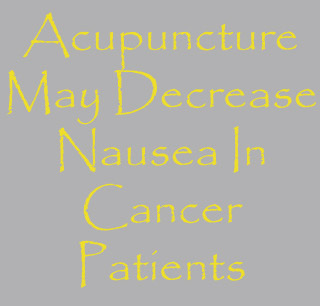
The study included 277 patients who underwent radiotherapy for cancer of the abdomen or pelvic region. A total of 215 patients were randomly assigned to traditional acupuncture or sham acupuncture. None of the participants were aware about the type of acupuncture they got. The group of 109 patients received traditional acupuncture wherein needles penetrated the skin and stimulated specific points. The other group of 106 patients, on the other hand, showed sham acupuncture with a telescopic blunt placebo that just touches the skin.
“The positive effects appear to not depend on the traditional acupuncture approach, but probably on the patients’ positive expectations and the increased care by the processing. Patients could converse with the acupuncture treatment physiotherapists, they were touched and extra time for rest and relaxation, “enlightened Anna Enblom, physical therapist and investigator at the Osher Center for Integrative Medicine at Karolinska Institutet.
The acupuncture-treated patients were compared with 62 patients who only received care according to standard procedures with anti-nausea, no acupuncture. It was pointed out that patients subjected to real or sham acupuncture felt remarkably less ill than the group who only received care according to standard procedures. Among the patients who received any form of acupuncture, 37 percent apparently felt bad and 7 percent vomited than 63 percent and 15 percent of those who received usual care. Scientists were unable to register any difference between the two acupuncture groups. Also the patient’s expectations may have a significant impact on nausea.
The study is published in the scientific journal PLoS ONE.
